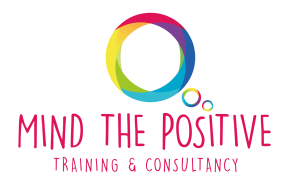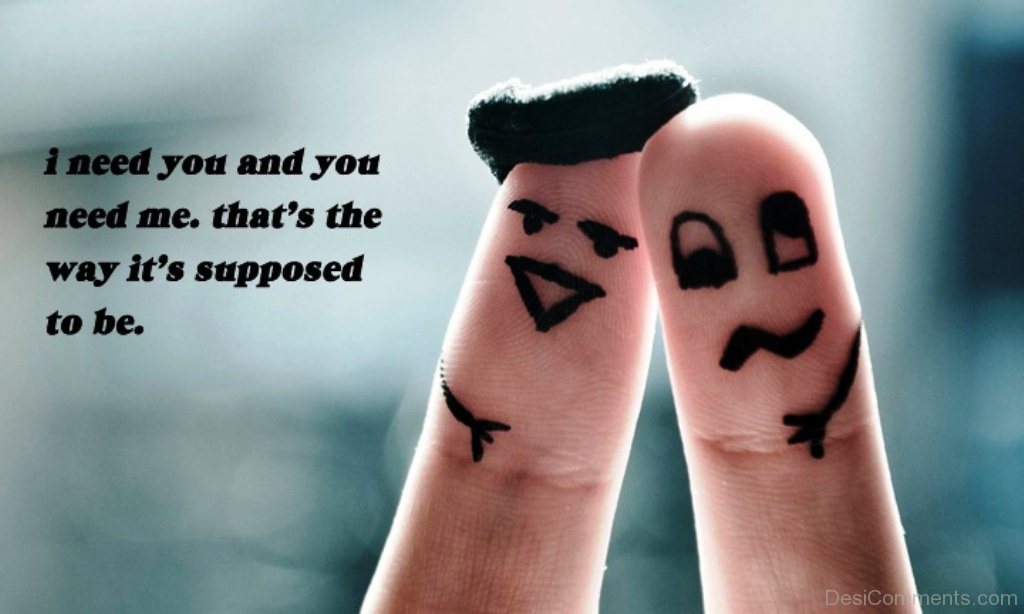I Need You!
We live in such a world that power and success are directly related to one’s ability to self-sufficiency. From an early age, we are forced to live without being a burden to anyone, expecting help from anyone, asking for support or even being in need of help. We are gradually becoming a society that is moving towards individualization and away from the perception of collective value. What if, just a little bit, we express our weakness, not too much, but we say “I need you” for a pair of hands and get external support? What would happen? I suppose “Not much!” you’ll say… No! A lot can happen! So many things beyond your prediction may happen. Let me explain…
I’ll start with a very absurd question. Are you ticklish? You know, the feeling of startle you experience when someone you know comes up to you and runs his fingers around your ribs or soles of your feet… An absolute joy that ends with the burst of involuntary laughter. There are many in our family who are ticklish but some are not at all – my father and I (those wondering why may contact me in private). But what happens when you try to tickle yourself, are you equally affected or startled, or do you just feel your fingers running on your feet? You must try it to respond. As you’re experimenting, I’ll move on with a the less absurd example. What’s the first thing you do when you have a headache? You try to massage yourself and relieve your pain by rubbing your temples, eye sockets and your neck with your hands, right? And what kind of results do you get? Although it is a little lighter, the pressure you apply with your fingers barely affect your pain and yet you don’t even experience the feeling of the power you apply. Why? Because just as we cannot tickle ourselves, we cannot create energy changes in our system with our own massage. We need someone else’s hands, fingers and touch in order to shift the energy hold.
Well, let’s go back to the beginning… To the question “What if we get external support?”. That’s when the real change, transformation and healing happens. The transformation happens not only physiologically, but also spiritually and mentally. If the proverb “One hand washes the other and together they wash the face” is not sufficient, maybe the following African proverb will be convincing: “If you want to walk fast, walk alone; but if you want walk far, walk together.” If you know the systems theory*, it’s easier to understand. We are part of a network made of intertwined and interwoven bonds; we are not separated, but parts of a whole that moves together. We are social beings that act upon an open system, not on a closed-circuit system. We feel the need of being in constant interaction, contact and cooperation. Isn’t our simplest indicator of acquisition our earnings compared to our competitors? I believe that when you first started reading these lines you didn’t guess you would definitely need an opponent, if not a partner, and even say “I need you” to your very opponent. It’s funny, but very true!
So what else is going on? We were born naked and we return to the ground naked. Have you ever wondered why? In some way, nudity represents a kind of nothingness, loneliness, solitude. Everything happens in between; we are wrapped around the moment we are born, people gather around us and we are surrounded until we die. In other words, we are surrounded by people who will respond to the calling of “I need you”; we become stronger, more confident, happier and more giving individuals by feeling ourselves as a whole, not alone. In this way, we become sensitive people who not only think about their personal interests and future, also about the social benefit, intend for it and act upon it. When we cannot say “I need you”, we become insensitive and selfish societies that struggle to tickle themselves, lack joy and are left alone with their nakedness.
I agree… It’s not so easy to say, “I need you.” Without knowing whether my cry for help will ever be answered, there is also a fear of being stabbed in the back instead of a helping hand in response to showing my weakness! Unfortunately, the dominant emotion that I observe in our society, which is increasing steadily, is fear, anxiety and control rather than love, trust and solidarity. You might ask, what is the life style based on fear and love, how can it differ anyway; let it be left to my next article with its examples… However, as a matter of fact, I write all my writings inspired by the source of love and I incorporate my heart, my body and soul in to bring these lines to you, my beloved reader. And I need you as my audience so that you can read each line and receive my messages!
Sincerely from Barcelona.
December 18th, 2022
*Systems theory: https://en.wikipedia.org/wiki/Systems_theory


